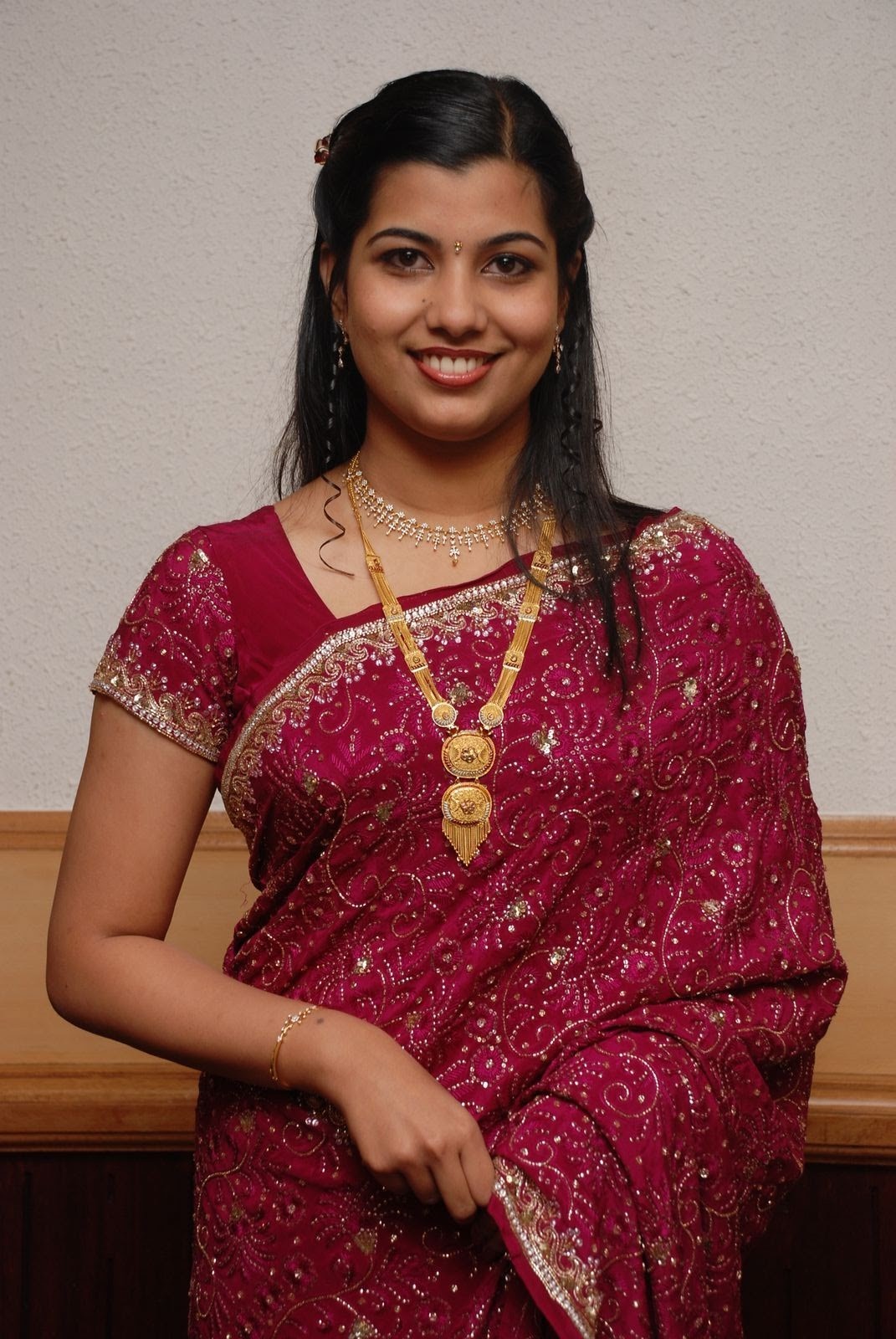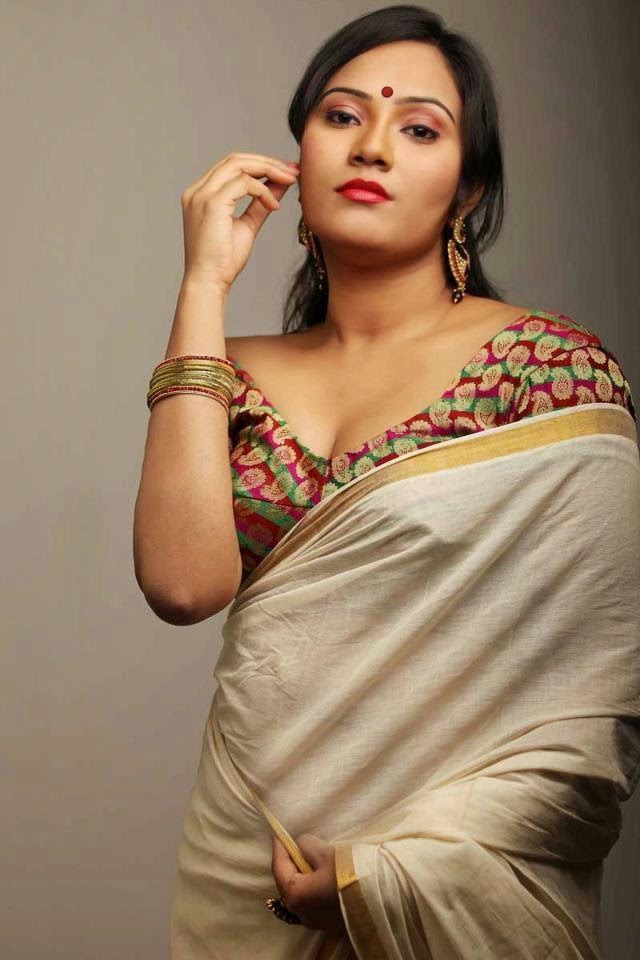When we think of the term "Desi Indian," a rich tapestry of culture, tradition, and heritage comes to mind. This phrase encapsulates the essence of the Indian subcontinent, celebrating its diverse customs, languages, and lifestyles. For many, being Desi means connecting with their roots, embracing the colorful festivals, delectable cuisine, and the warmth of its people. It’s a celebration of identity, a blend of modernity and tradition, all wrapped in the vibrant hues of Indian heritage.
From the bustling streets of cities like Mumbai and Delhi to the serene landscapes of rural India, the Desi Indian culture is deeply ingrained in the lives of millions. It is a world where ancient traditions coexist with contemporary influences, creating a unique cultural experience that resonates globally. With a population of over a billion people, the Indian subcontinent is home to a multitude of languages, religions, and practices, each contributing to the rich narrative of what it means to be Desi.
As the world becomes more interconnected, the influence of Desi Indian culture continues to grow, transcending geographical boundaries. The global diaspora has played a crucial role in showcasing the vibrancy of this culture through music, dance, fashion, and cuisine. In this article, we will delve deeper into the various facets of Desi Indian identity, exploring its history, traditions, and the modern interpretations that define it today.
What Does It Mean to Be Desi Indian?
Being Desi Indian is not merely about nationality; it is a cultural identity that encompasses a shared heritage. The term "Desi" is commonly used to describe people from the Indian subcontinent, including India, Pakistan, Bangladesh, Nepal, and Sri Lanka. It signifies a connection to the customs, languages, and traditions that have been passed down through generations.
How Does Desi Indian Culture Manifest in Daily Life?
Desi Indian culture influences everyday life in numerous ways, from the food people eat to the festivals they celebrate. Here are some key aspects:
- Food: Meals are often communal, with dishes like biryani, curry, and roti being staples in many households.
- Festivals: Celebrations such as Diwali, Holi, Eid, and Christmas are observed with great enthusiasm, reflecting the diversity of the culture.
- Language: India is home to over 1,600 languages, with Hindi and English being the most widely spoken.
- Clothing: Traditional attire like sarees and kurta-pajamas are worn alongside modern fashion, showcasing a blend of styles.
What Are the Key Elements of Desi Indian Traditions?
Desi Indian traditions are deeply rooted in history and spirituality. They often revolve around family values, respect for elders, and community bonding. Key elements include:
- Rituals: Daily rituals and prayers hold significant importance in many households.
- Marriage Customs: Weddings are grand affairs, often involving elaborate ceremonies and multiple events.
- Festivals: Each festival carries its own significance and traditions, bringing people together in celebration.
- Art and Music: Traditional art forms and music play a vital role in cultural expression.
Who Are Some Notable Desi Indian Celebrities?
Many Desi Indian celebrities have made significant contributions to various fields, including film, music, sports, and literature. Let’s take a look at one such personality:
| Name | Born | Profession | Notable Works |
|---|---|---|---|
| Priyanka Chopra | July 18, 1982 | Actress, Singer, Film Producer | Bajirao Mastani, Quantico, Mary Kom |
What Impact Has the Indian Diaspora Had on Global Culture?
The Indian diaspora has played a pivotal role in spreading Desi Indian culture worldwide. From Bollywood films influencing international cinema to Indian cuisine becoming a global favorite, the impact is profound. Festivals like Diwali are celebrated in countries across the globe, showcasing the rich traditions of Desi Indians to a broader audience.
How Has Technology Influenced Desi Indian Culture?
In the modern age, technology has transformed how Desi Indians connect with their culture. Social media platforms allow for the sharing of cultural experiences, while streaming services provide access to Indian films and music worldwide. This digital age has also facilitated cultural exchange, allowing Desi Indians to share their heritage with others and embrace new influences.
What Are the Future Trends in Desi Indian Culture?
As Desi Indian culture continues to evolve, several trends are likely to shape its future:
- Fusion Cuisine: The blending of traditional Indian flavors with international cuisines is gaining popularity.
- Fashion: Modern fashion designers are drawing inspiration from traditional attire, creating contemporary styles.
- Global Collaborations: Artists and musicians are collaborating across borders, creating a fusion of sounds and styles.
- Cultural Awareness: There is a growing interest in understanding and appreciating Desi Indian culture globally.
Why is Preserving Desi Indian Culture Important?
Preserving Desi Indian culture is crucial for maintaining a sense of identity and continuity. As globalization continues to shape the world, it is essential to honor and celebrate the traditions that define this vibrant culture. By passing down stories, practices, and values to future generations, the essence of being Desi Indian can be sustained and cherished.
In conclusion, Desi Indian culture is a dynamic blend of history, tradition, and modernity. It is a testament to the resilience and creativity of its people, showcasing a unique identity that resonates with millions around the world. Embracing and celebrating this diversity is not only essential for the individuals who identify as Desi Indian but also enriches the global community as a whole.
You Might Also Like
Exploring The Enigmatic Life Of Kebbel ArielleUnlocking The Mysteries Of The 23 August Star Sign
Unveiling The Enigma: Johnny Gill's Wife Pics And Their Love Story
Unveiling The Life And Journey Of Grace Ibuna
Unraveling The Mystery: Did Harris Faulkner Quit Fox?
Article Recommendations
- P Diddy Yankee
- Robbie Amell Brother
- Ayushi Jaiswal Hot
- Millie Bobby Brown Nud
- Brooke Dorsay Spouse
- Madison Beer Jerk Off Challenge
- Carly Aquilino Husband
- Ajrs Age
- Top Gun The E Cast
- Who Is Kris Jenners Husband


